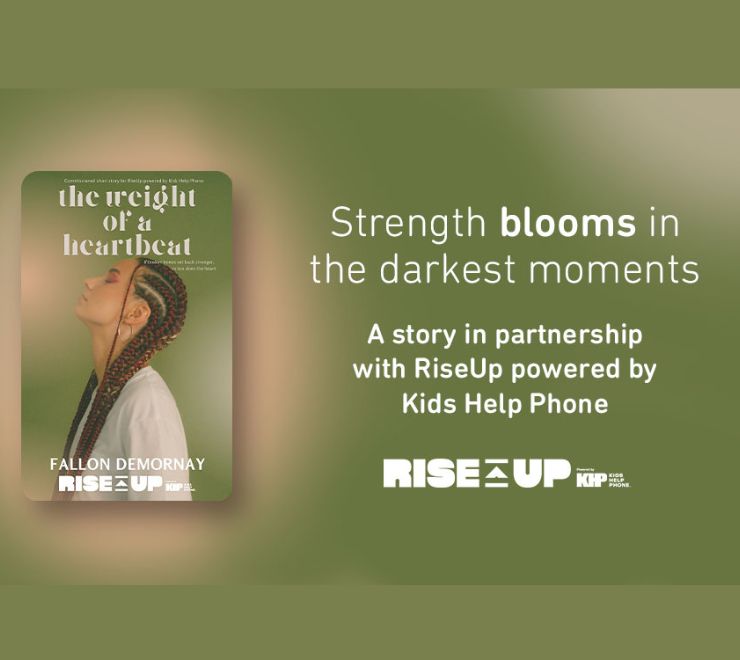There are many different reasons you may need to find a place to live. You might be looking for affordable housing, a shelter or other alternative housing. If you’re suddenly out of a home or have no money for housing and need to talk, you can contact Kids Help Phone.
There are many different reasons you may need to find a place to live. Sometimes it’s a choice to be more independent. Sometimes it’s to get out of an abusive or violent situation. And sometimes, it isn’t your choice at all. Finding a place to live can be tough no matter what your circumstance.
Where can I look for housing help?
Finding a place to live isn’t easy. If you’re looking for your own place you can get information from:
- websites advertising rentals
- community newspapers
- rental magazines
- housing information and referral lines
- housing centres
- offices in your school
- community centres
- friends and family
How do I rent my own place?
Here are a few things you should know about finding your own place to rent:
- You may have to search through a lot of rental ads and book appointments with landlords to look at the housing.
- Many places will ask you to pay first and last month’s rent up front. Other costs can include hiring movers or fees to set up electricity or Internet.
- You may have to sign a lease to outline the terms and conditions of your rental agreement. For example, you may need to give the landlord a certain amount of notice if you decide to leave.
- You may have to sign other documents if you’ve never lived by yourself before. You may want a friend, relative or employee at a social service agency to help you fill them out.
Where can I find temporary shelters?
Shelters can provide temporary accommodation if you don’t have a permanent place to live. If you are experiencing homelessness or are between permanent addresses, you can contact local shelters for assistance.
In a shelter, you’ll share sleeping areas, bathrooms and mealtimes with others. You may have to follow house rules and abide by a curfew. Many shelters provide other services like medical care, counselling or information on employment and financial assistance.
You can learn more about shelters and other housing alternatives from:
- Resources Around Me
- street youth services
- community centres and agencies
- housing information websites and referral phone lines
- school counsellors













